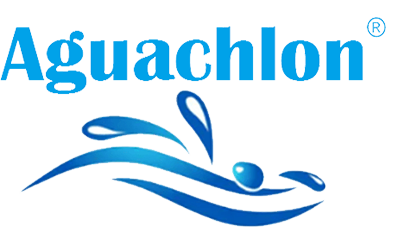Question Category

How does SDIC impact the water pH level?

SDIC is generally neutral but can cause slight fluctuations in pH depending on water chemistry. Regular testing is recommended to monitor pH levels.

Are there any compatibility issues with other chemicals when using SDIC?

Yes, avoid mixing SDIC with strong acids, organic materials, or other chlorine-based products, as this can lead to hazardous reactions.

What should I do if SDIC is inhaled or ingested?

If inhaled, move to fresh air immediately. If ingested, do not induce vomiting and seek medical attention. Always consult safety data sheets for emergency procedures.

How can I ensure the effectiveness of SDIC over time?

Store SDIC in a cool, dry place, away from sunlight and moisture. Use it within the recommended shelf life and follow proper handling practices to maintain its effectiveness.

What is TCCA, and how is it different from chlorine?

TCCA is a stable, solid chlorine compound used for disinfection. Unlike liquid chlorine, TCCA offers a longer shelf life and is less corrosive, making it easier to handle.

What applications is TCCA suitable for?

TCCA is commonly used for disinfecting swimming pools, treating drinking water, and controlling algae and bacteria in industrial water systems.

How should I store TCCA to ensure its effectiveness?

Store TCCA in a cool, dry place away from sunlight and moisture. Keep the container tightly closed and away from incompatible materials, such as organic substances.

Is TCCA safe for use in swimming pools?

Yes, TCCA is safe for swimming pools when used according to recommended dosages. It effectively sanitizes the water and helps control algae growth.





